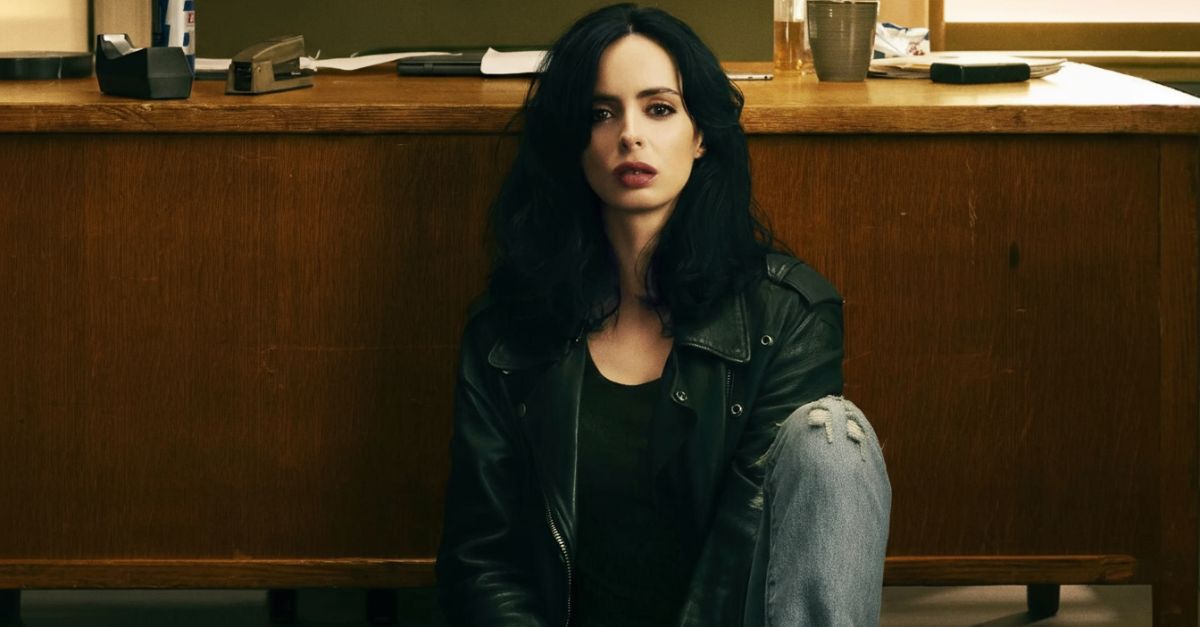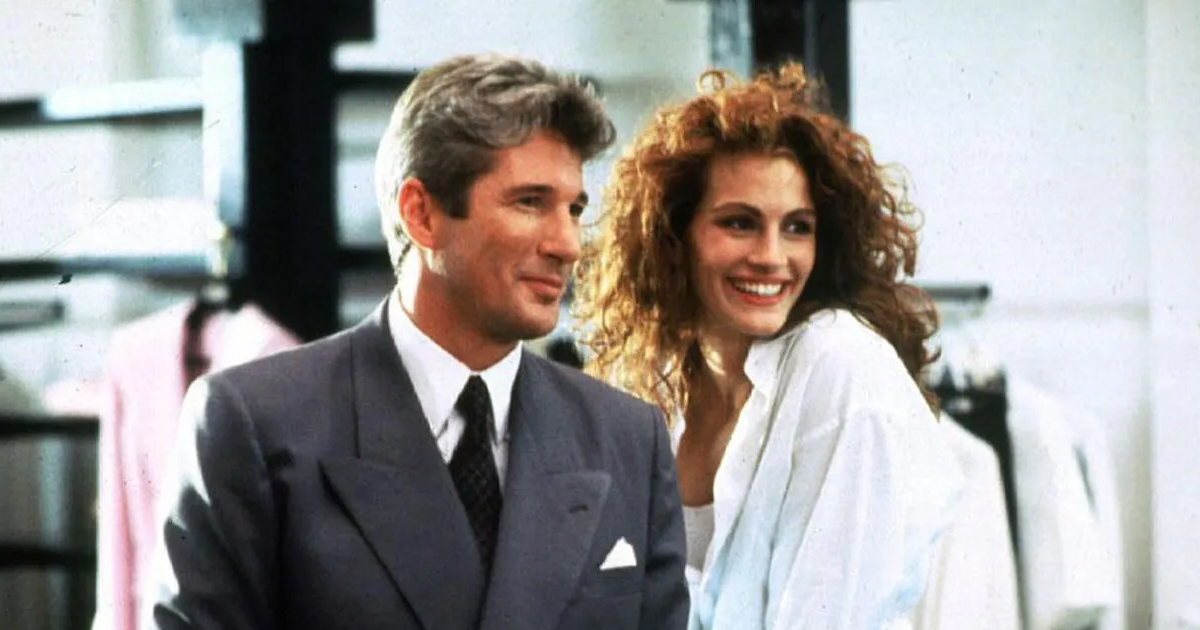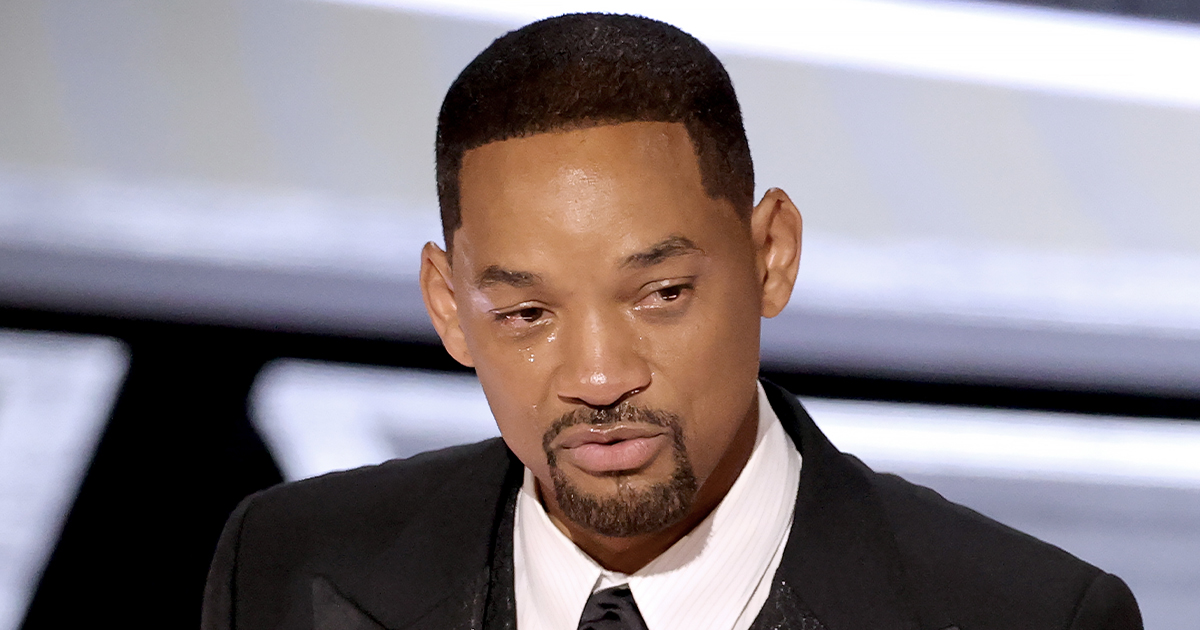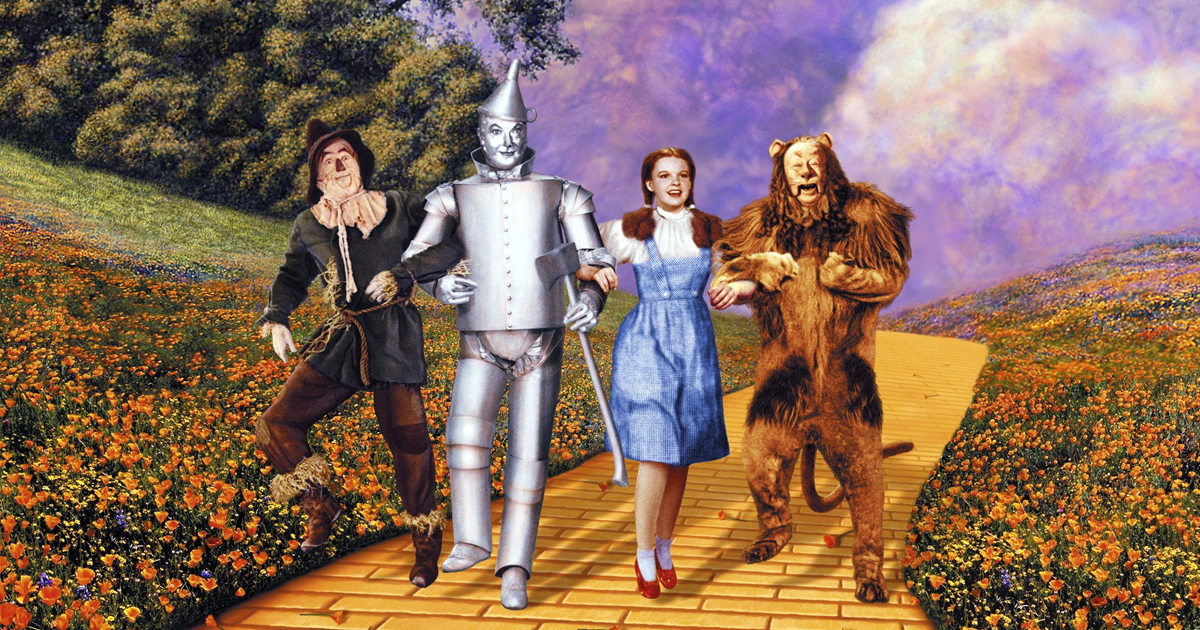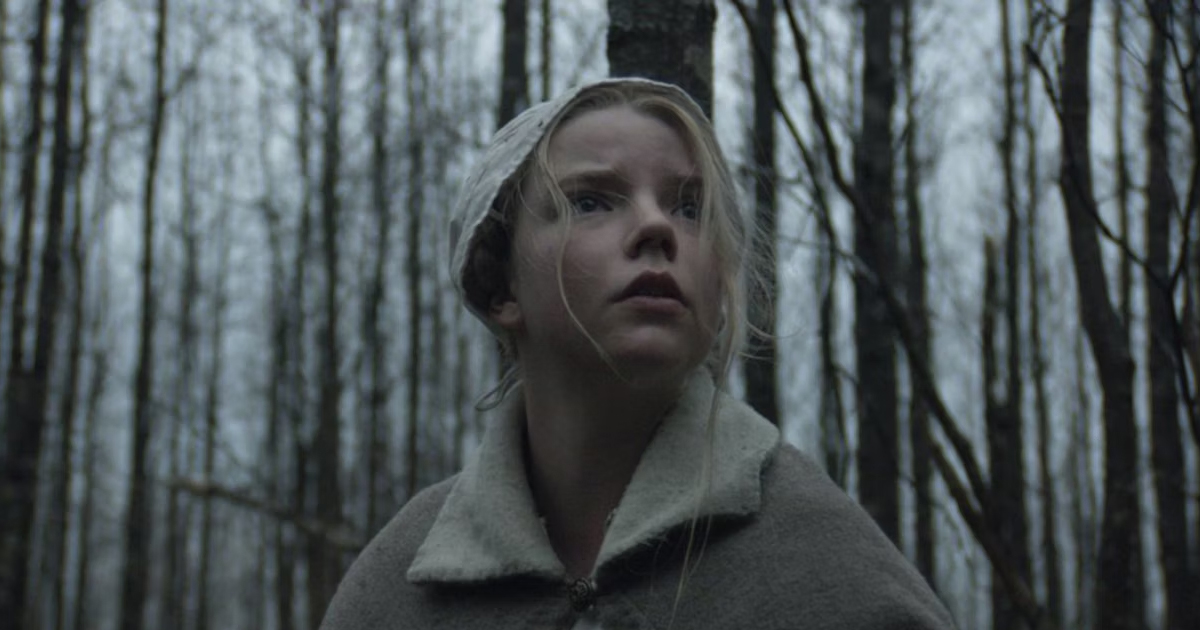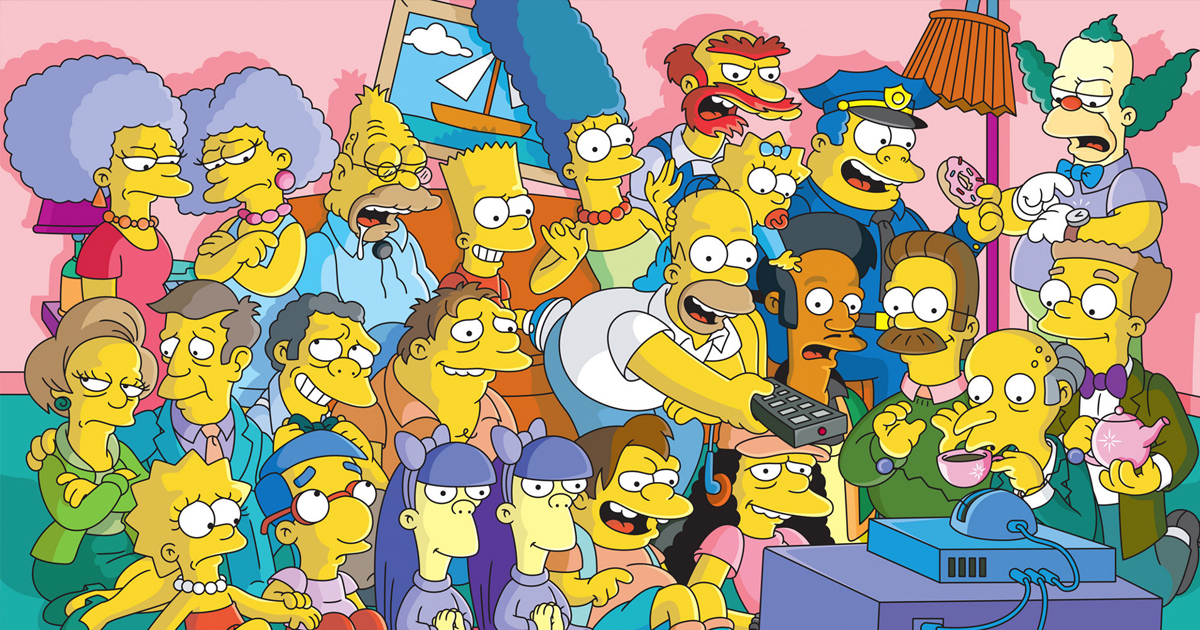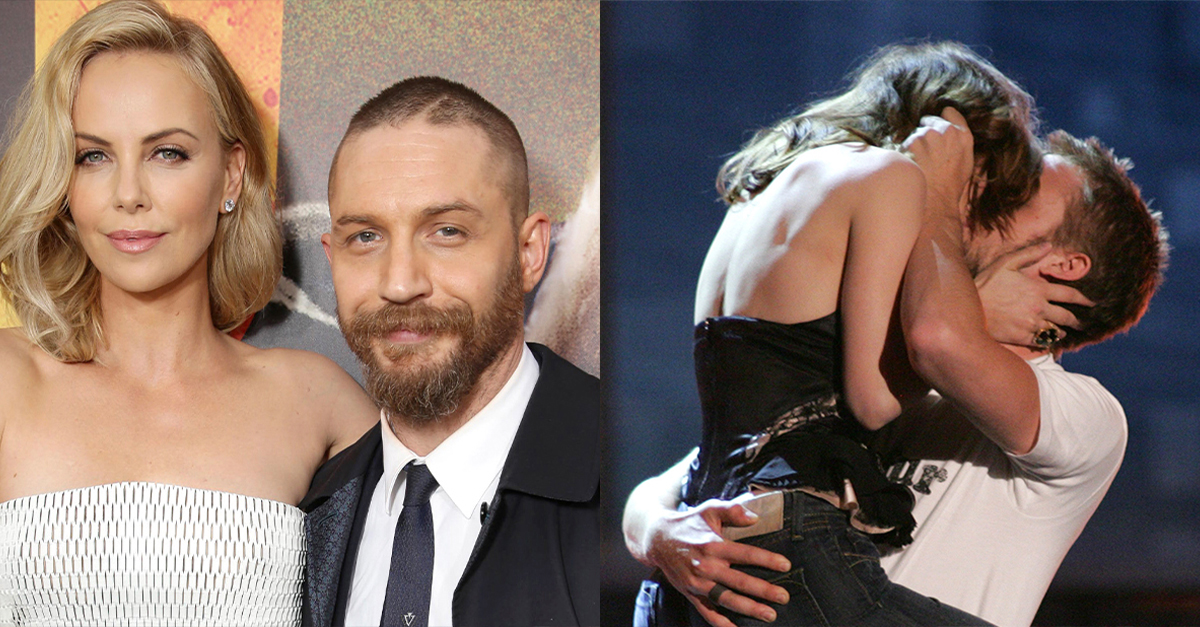One Season Wonder
Some shows nail it on the first try, then trip over their own success. The second season arrives with high hopes, new twists, and bigger budgets, yet somehow, all that magic quietly slips away.
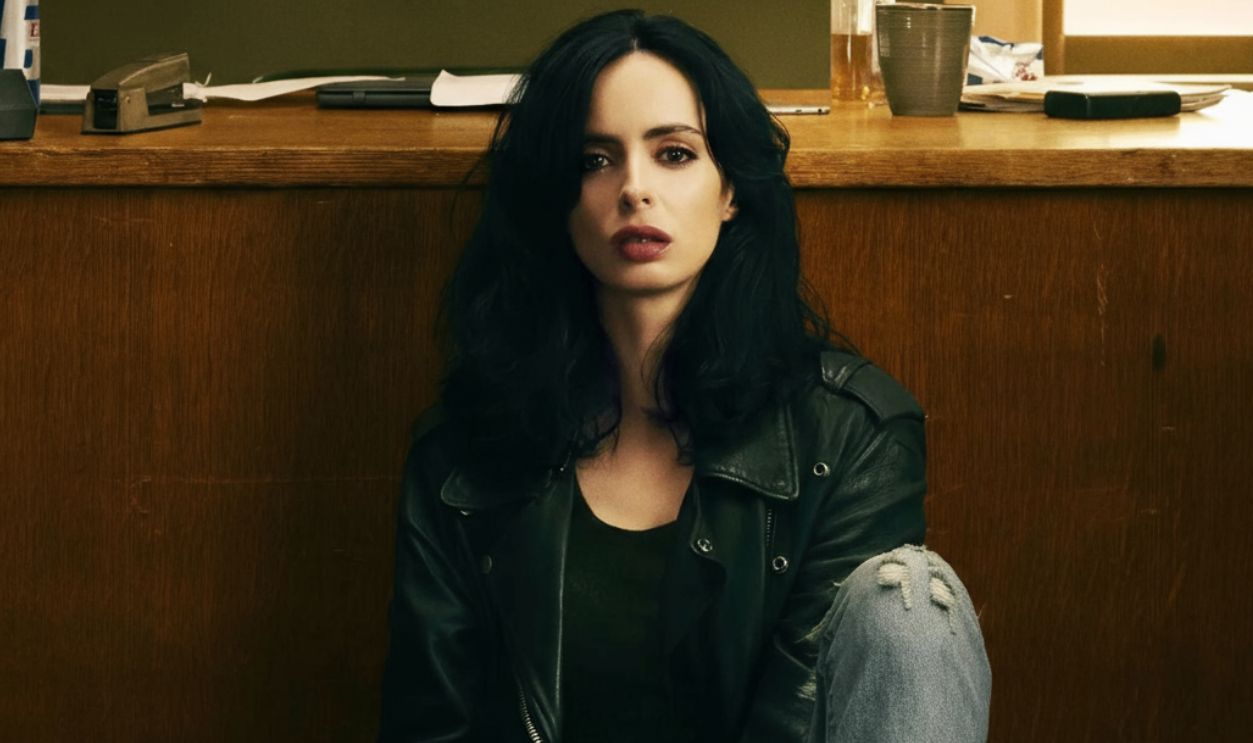
Altered Carbon
The stunning visuals and philosophical depth disappeared in Altered Carbon's second outing, replaced by generic sci-fi tropes and simplified storytelling. Where season one explored complex questions of identity, immortality, and class division in a fully-realized cyberpunk world, season two abandoned these themes for predictable action sequences.
 Netflix, Altered Carbon (2018-2020)
Netflix, Altered Carbon (2018-2020)
Altered Carbon (Cont.)
Netflix's viewership metrics showed audiences noticed the downgrade, leading to the show's cancellation in 2020. Joel Kinnaman's portrayal of Takeshi Kovacs in 2018 anchored the first season's neo-noir narrative through the neon-drenched streets of Bay City. It is based on Richard K Morgan's novel.
 Netflix, Altered Carbon (2018-2020)
Netflix, Altered Carbon (2018-2020)
Twin Peaks
Network pressure forced Lynch to reveal Laura Palmer's killer midway through season two, leaving the show without its central mystery. The subsequent creative vacuum led to increasingly convoluted storylines involving everything from chess games with evil spirits to inexplicable soap opera subplots.
 CBS Television, Twin Peaks (1990–1991)
CBS Television, Twin Peaks (1990–1991)
Twin Peaks (Cont.)
Twin Peaks became television's cautionary tale of what happens when a show resolves its hook too early. Those first eight episodes in 1990 remain some of television's most groundbreaking moments. Lynch's surreal aesthetic and boundary-pushing storytelling revolutionized what TV could accomplish.
 CBS Television, Twin Peaks (1990–1991)
CBS Television, Twin Peaks (1990–1991)
American Gods
Behind-the-scenes drama doomed American Gods before a single frame of season two was shot. Bryan Fuller and Michael Green, the visionary showrunners who crafted the acclaimed first season, departed due to budget disputes with production company Fremantle.
 Lionsgate Television, American Gods (2017–2021)
Lionsgate Television, American Gods (2017–2021)
American Gods (Cont.)
Their exit triggered a cascade of problems, including script revisions and additional cast departures, most notably Gillian Anderson, who portrayed the shape-shifting Media. The clash between ancient deities and modern technology became television magic in 2017 through stunning visual sequences.
 Lionsgate Television, American Gods (2017–2021)
Lionsgate Television, American Gods (2017–2021)
The OA
Netflix unexpectedly cancelled The OA in 2019 after two seasons, leaving fans with an unresolved cliffhanger and a social media campaign to save the show. The hashtag #SaveTheOA trended for weeks as viewers organized flash mobs performing the series' signature "movements" outside Netflix headquarters.
The OA (Cont.)
This passionate response underscored how deeply the first season had resonated with its audience, making the second season's decline all the more disappointing. Brit Marling and Zal Batmanglij crafted something genuinely unique in 2016 with their story of Prairie Johnson, a blind woman who returns after a seven-year disappearance.
Westworld
As per sources, HBO spent over $100 million on Westworld's second season, yet viewership declined as the narrative grew increasingly convoluted. The 2018 sophomore outing abandoned the elegant storytelling that made season one compelling, replacing it with unnecessarily complex timelines and philosophical monologues that prioritized mystery over coherence.
Westworld (Cont.)
Reddit threads dedicated to deciphering the plot became essential viewing companions, signaling how the show had lost its mainstream appeal. Jonathan Nolan and Lisa Joy's adaptation of Michael Crichton's 1973 film debuted in 2016 to critical acclaim. Season two's attempt to outsmart its audience with puzzle-box storytelling ultimately outsmarted itself.
Killing Eve
Sandra Oh and Jodie Comer's electric chemistry initially masked the dramatic decline in writing quality after Phoebe Waller-Bridge stepped down as showrunner. The cat-and-mouse dynamic between MI6 agent Eve Polastri and assassin Villanelle thrilled viewers in season one.
 BBC Studios, Killing Eve (2018-2022)
BBC Studios, Killing Eve (2018-2022)
Killing Eve (Cont.)
It even earned multiple Emmy nominations and established a new benchmark for feminist spy thrillers on television. Season two struggled without Waller-Bridge's razor-sharp dialogue and unique sensibility. New showrunner Emerald Fennell couldn't maintain the delicate balance of dark humor.
 BBC Studios, Killing Eve (2018-2022)
BBC Studios, Killing Eve (2018-2022)
Heroes
The 2007–08 Writers Guild of America strike devastated Heroes' momentum, cutting the second season from 24 episodes to 11 and disrupting planned storylines. Creator Tim Kring later admitted the abbreviated season damaged the show's narrative arc, forcing abrupt resolutions to plots that needed more development.
 NBCUniversal, Heroes (2006–2010)
NBCUniversal, Heroes (2006–2010)
Heroes (Cont.)
Viewership dropped from 16 million during season one to just over 11 million by the end of season two. "Save the cheerleader, save the world" became a cultural catchphrase after Heroes exploded onto NBC in 2006 with its tale of ordinary people discovering extraordinary abilities.
 NBCUniversal, Heroes (2006–2010)
NBCUniversal, Heroes (2006–2010)
Jessica Jones
David Tennant's absence loomed large over Jessica Jones' second season. His portrayal of mind-controlling villain Kilgrave in season one created one of Marvel's most terrifying antagonists, providing the perfect foil for Krysten Ritter's traumatized private investigator. The psychological cat-and-mouse game between them enhanced the material.
 Netflix, Jessica Jones (2015–2019)
Netflix, Jessica Jones (2015–2019)
Jessica Jones (Cont.)
It went beyond typical superhero fare into a powerful allegory about survival. Without a compelling antagonist, season two's narrative felt aimless and stretched thin across 13 episodes. Released in 2018, nearly three years after the acclaimed first season, the sophomore outing struggled to find a compelling direction for its protagonist.
 Netflix, Jessica Jones (2015–2019)
Netflix, Jessica Jones (2015–2019)
Luke Cage
Harlem's cultural richness made Luke Cage's first season a standout in Netflix's Marvel universe. Showrunner Cheo Hodari Coker crafted a series that celebrated Black excellence through its music, politics, and community dynamics. The show's distinct visual style and soundtrack featured live performances at fictional nightclub Harlem's Paradise.
 Netflix, Luke Cage (2016-2018)
Netflix, Luke Cage (2016-2018)
Luke Cage (Cont.)
Season two suffered from the infamous "Netflix bloat" that plagued many of the platform's series. All those 13 episodes did not have enough story to sustain the runtime, plus the narrative lost momentum and focus. The decision to split antagonist duties diluted both characters' impact.
 Netflix, Luke Cage (2016-2018)
Netflix, Luke Cage (2016-2018)
13 Reasons Why
Mental health professionals condemned 13 Reasons Why's decision to continue beyond Jay Asher's source novel. The first season, while controversial, told a complete story about Hannah Baker's suicide and the thirteen cassette tapes explaining her decision. Netflix added content warnings and crisis resources following backlash.
 Netflix, 13 Reasons Why (2017-2020)
Netflix, 13 Reasons Why (2017-2020)
13 Reasons Why (Cont.)
However, it insisted on continuing the series despite having exhausted its source material. Season two manufactured new drama through a lawsuit against the school and the introduction of Polaroid pictures suggesting a broader conspiracy. Released in 2018, the second season received criticism for gratuitous scenes of violence.
 Netflix, 13 Reasons Why (2017-2020)
Netflix, 13 Reasons Why (2017-2020)
Glee
Fox executives made a critical error by renewing Glee for two additional seasons after its breakout first year. This unprecedented vote of confidence backfired as the writers could not maintain quality across 22 episodes per season. The show's second season aired from 2010 to 2011.
Glee (Cont.)
There was inconsistent characterization and increasingly absurd plotlines as the writers scrambled to fill the expanded episode order. The musical dramedy created by Ryan Murphy initially struck cultural gold with its blend of teenage angst, sharp satire, and elaborate musical performances.
Russian Doll
The three-year gap between seasons severely damaged Russian Doll's momentum and cultural relevance. After debuting to critical acclaim in 2019, production on the second season was delayed due to the pandemic until 2022. During this extended hiatus, similar time-loop stories like Palm Springs captured audience attention.
 Netflix, Russian Doll (2019-2022)
Netflix, Russian Doll (2019-2022)
Russian Doll (Cont.)
Natasha Lyonne's portrayal of Nadia Vulvokov, a cynical New Yorker repeatedly dying and resetting on her 36th birthday, earned universal praise in season one. Well, season two abandoned the time-loop premise for time travel across generations, losing the intimate focus that made the original concept so compelling.
 Netflix, Russian Doll (2019-2022
Netflix, Russian Doll (2019-2022

